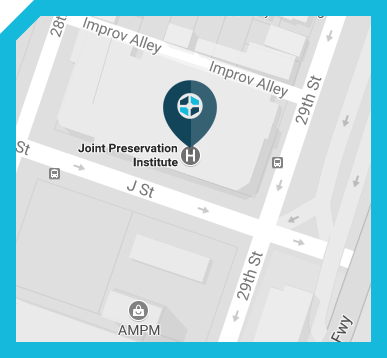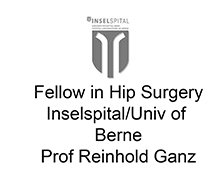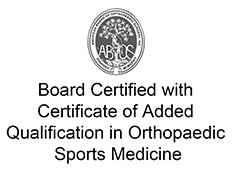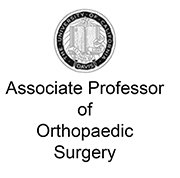
Are you concerned that exercising with arthritis could worsen joint pain? The answer may surprise you.
Research shows that exercise is essential for optimizing the physical and mental aspects of managing arthritis pain.1 Exercising is said to be most effective in reducing pain, and improving movement for arthritic patients. Exercise is one of the best non-drug treatment options available. In fact, people with arthritis who exercise regularly have less pain, more energy, improved sleep, and better day-to-day function.
If you are living with arthritis, these exercises can help:
- Yoga is a great way to build flexibility, strength and balance while reducing stress. Be sure to ask your provider which poses are approved for your condition.
- Aerobic exercise, such as walking, swimming, and bicycling, can strengthen your heart and lungs, increasing endurance and overall health. Choose aerobic activities that do not jar the joints and are low impact.
- Low impact resistance training is a great way to build muscle and strengthen. Use your body weight to get stronger, without any fancy equipment. Pilates is a great low-impact strengthening exercise routine that can lessen your pain and improve your strength.
People with arthritis who exercise regularly have less pain, more energy, improved sleep, and better day-to-day function. Exercising can help manage arthritic symptoms by strengthening the muscles surrounding and supporting your joints. Exercise also increases bone density and helps maintain a healthy body weight.
Depending on your condition, it can be normal to have some pain, stiffness, and swelling with physical activity. It can take 6 to 8 weeks for your joints to get used to your new activity levels. Talk to your provider about an exercise program that is right for you.
As a surgeon and physician, the health of my patients is my top priority. Daily exercise can improve joint health, decrease pain, and allow you to enjoy an active lifestyle.
Author: Dr. Amir Jamali, founder of the Joint Preservation Institute, specializes in exceptional one-on-one orthopedic care of the shoulder, hip and knee using the latest technology, including regenerative medicine with biologics. With his involvement in clinical trials and research at UC Davis, UCSF, and UC Berkeley, Dr. Jamali has pioneered new techniques in the biological treatment of hip, knee and shoulder joints.




 The Benefit of Exercise for Arthritis Pain
The Benefit of Exercise for Arthritis Pain 








